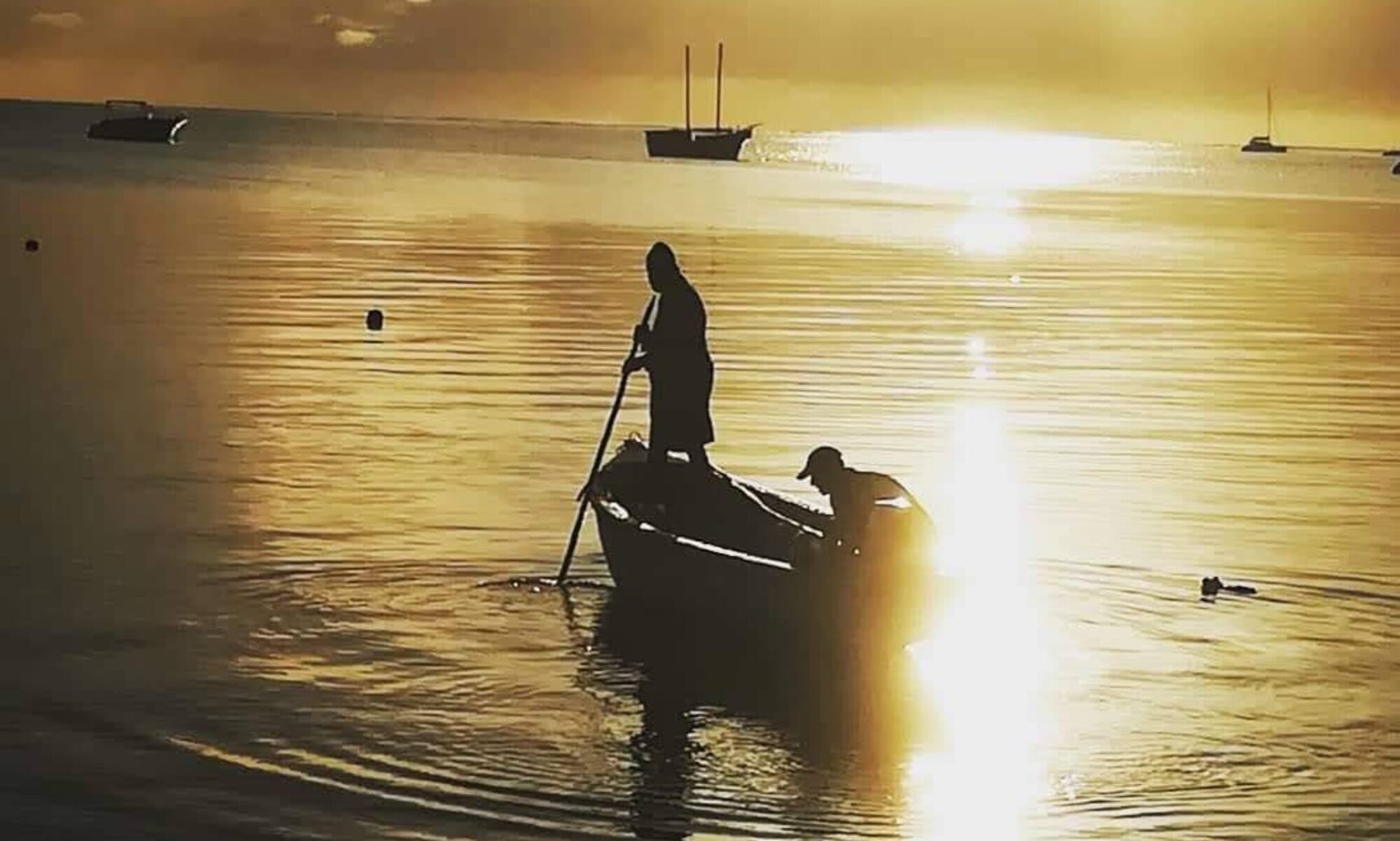I wrote this piece before the suicide bombing at the Kabul airport. The tragic event puts a sharper point on the need to shift how we operate in Afghanistan. A long war has come to a close. The shape of peace remains to be determined.
For many of us watching the situation in Afghanistan, there is a sense of shock. The impact of 20 years of war, the might of the most powerful military aided by troops from other powerful nations, and hundreds of thousands of lives lost, two trillion dollars spent, four US presidents of both parties, and things seem to have returned to much the same as they were at the start of the conflict. All seemingly in the blink of an eye. It is a reminder of the limits of power and the fleeting nature of victory. Afghanistan is an old land that has seen many empires roll through. It weathers time differently.
There is plenty of blame to go around as we replay the many missteps. And yet, Afghanistan is just one place in the larger global landscape of conflict. These dynamics lie under the surface in many places, waiting to erupt when the time is right. We must learn to not repeat the story that played out here.
Afghanistan was made to bleed but not enabled to heal. Trauma unhealed resurfaces. And when it does, it eats more than itself. Holiday Phillips offered three different options for engagement that ring true here:
Privilege says I could help, but I don’t need to.
Courage says I will help, you need me.
Love says I must help, we need each other.
In the conflict in Afghanistan, the US held the first and the second stance of superiority and benefactor but not the third stance of seeking mutual wellbeing. If we did, we might have felt a greater need to help Afghanistan to succeed and prosper. This is how the US engaged Europe after WWII. There was a desire for Europe to return to a place of wellbeing. Perhaps, despite the animosities of the war, there was a sense of shared identity with Europe. Afghanistan feels foreign to Americans. The people there who we are keen to protect are our citizens and the Afghan translators and colleagues who we got to know and who worked alongside us and who became friends. It is hard to abandon them. And, as so many of us watched, they ran alongside the departing US planes desperate to hold on to us as well.
So, the key to caring is relationships. It may feel too late for that now but the Afghans play the long game and so can we. We can extend the hand of friendship to provide aid and help Afghanistan succeed rather than take the usual tact of enforcing punishment that deepens trauma and resistance. If the Taliban didn’t break after decades of punishment, they wouldn’t likely soften under sanctions. We need a new approach and if we widen our outlook it is there to be seen, right there in Afghanistan.
Afghanistan after all is the birthplace of Rumi, the renowned Islamic poet who wrote many profound expressions of love and compassion. The country was once a center for Greek and Buddhist learning that melded knowledge from East and West. It was a major hub on the silk road, where civilizations met for trade, not war. In my earlier years, when I collected National Geographic magazines, I was transfixed by the images of the people of Afghanistan and marveled at the immense diversity in a small country. These different identities are part of Afghanistan’s roots too. Roots that can regrow as well when cared for. War is not the only narrative that this ancient land holds.
At the end of the day, Afghanistan is a lesson in the limits of war and the path to peace. Rumi wrote, “Out beyond ideas of wrongdoing and rightdoing, there is a field. I’ll meet you there.” We need to find these fresh fields of possibility.
Every ending is also a beginning. It is an opportunity for change, a reason for hope, and a call to lean in rather than bow out.

![Amazon.com: The Best of Enemies [DVD] : Taraji P. Henson, Sam Rockwell, Babou Ceesay, Anne Heche, Wes Bentley, Nick Searcy, Bruce McGill, Robin Bissell, Danny Strong, Fred Bernstein, Matt Berenson, Robin Bissell,](https://m.media-amazon.com/images/I/71NmFd69wxL._SL1500_.jpg)